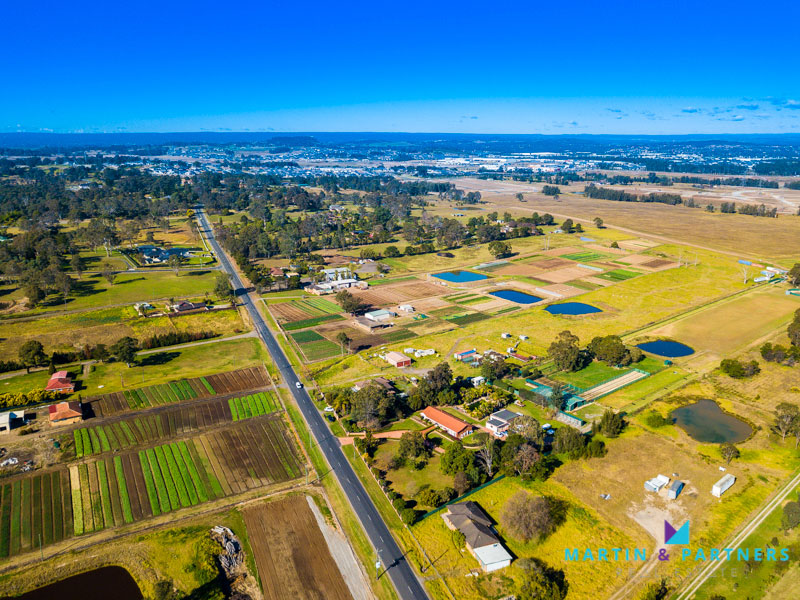When it comes to investing in real estate, there is no better investment than purchasing land, which is one of the most versatile investments you can make. Investing in land provides an endless amount of options and opportunities, which will provide you and your family with financial security. When you take into consideration the current price of land, right now is probably the best time to invest.

Unlike many other investments, purchasing land is a tangible investment, which you can pass down to future generations or decide to sell it when the market is right. Most people do not understand how land buying works, which can be a strategic move used to diversify your portfolio. Here are some of the reasons why you should consider investing in the land.
Reasons to Invest in Land
Versatility
Investing in land in terms of investments is one of the best decisions you can make. A common misconception many people have when it comes to purchasing land is that it doesn’t produce any income. On the contrary, there are a variety of different ways to profit off of your investment, including leasing it to a development company, installing a solar farm, or for commercial agriculture. You could lease your land to a logging company, which usually will require signing a long-term lease. If you decide to lease your land for timber or mineral resources, it may require a land-trust. You might be asking yourself, “What is a land trust?” It’s easily defined as when one party holds a piece of property for another party’s benefit.
Affordability
Another reason why people decide to purchase land is because of how affordable it is. Owning and maintaining a vacant lot is a lot less expensive than owning a house. Owning land doesn’t require insurance, utility bills, or having to pay a mortgage, which makes it extremely inexpensive. Owning land also has fewer taxes than owning a house. When you purchase land, you have the option to purchase property insurance, which is completely optional. Depending on the state you live in, you may end up paying less than $10 a year in property taxes, which is three cents a day.
Less Maintenance
Owning a piece of land also requires less maintenance than owning a house or commercial real estate. It doesn’t require renovations or repairs in order to retain its value, which you can easily lease for hunting and farming. Leasing a home is a continuous job, which requires continued upkeep and maintenance, such as dealing with clogged toilets, burst pipes, and other repairs.
They’re Not Making Any More of it
Unlike buying or selling stocks, purchasing land is a tangible investment, which holds its value. With the population gradually growing, the value of land has been steadily increasing, which means once it runs out, your piece of property will only increase in value.
Less Competition
Purchasing land has a lot less competition than if you were to purchase a house, which varies depending on its size, location, and shape of the lot. For example, a piece of land located in an area that generates a lot of traffic or in a highly-populated residential community will more than likely attract more bidders, which often will carry a hefty price tag. When it comes to purchasing raw land, there will always be less competition, which is primarily because real estate investors will usually focus on apartments, houses, or commercial properties. You should understand that unlike when a person decides to sell their home, the land holds no sentimental value, which means the seller is more likely to flexible with their asking price and more motivated to sell it.
Peace of Mind
The land is a tangible asset, which will provide you with peace of mind. Very seldom will the value of your property depreciate? If you’re ever in a financial bind, you can easily sell it and make your money back, which provides you financial stability. A landowner will often hold on to their property for a lifetime, which eventually is passed down to their children and grandchildren.
Fewer Government Implications
Another advantage of investing in land is it has fewer government implications. When purchasing physical real estate, there will often be various rules and regulations you must abide by. For example, when a person decides to purchase a home, they’ll often have to pay title insurance, appraisal fees, document preparation fees, and escrow fees.
If you are interested in investing, consider real estate as your next purchase. As shown above, there are many benefits to be had.